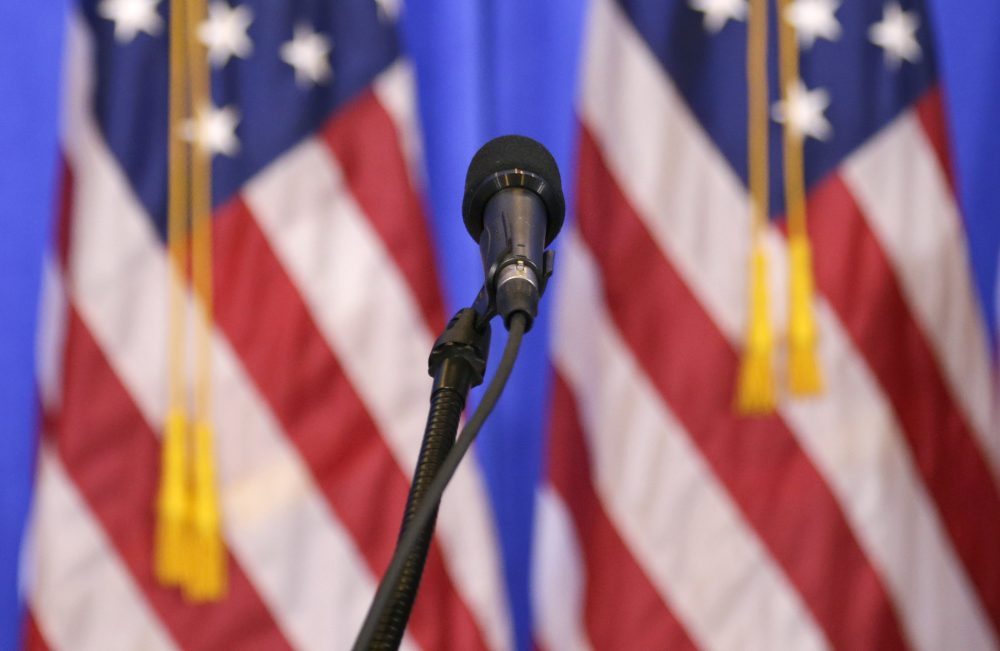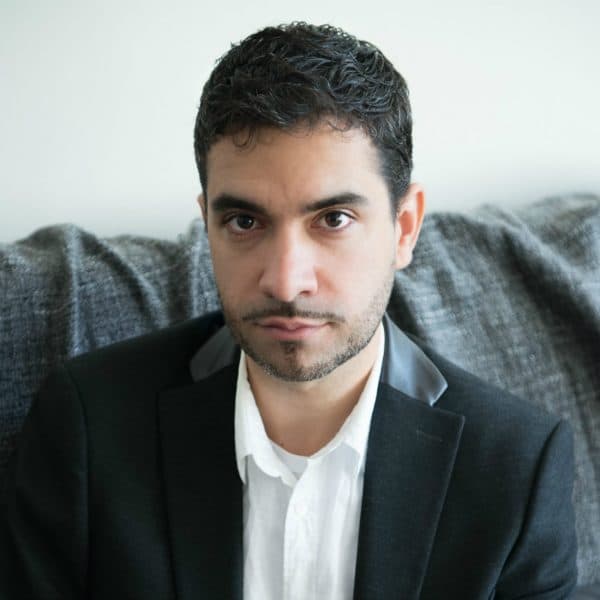Advertisement
The Stuff Of Fiction: Why We Need Political Writing Now More Than Ever

COMMENTARY
As someone who grew up under an oppressive regime in Cuba, I didn’t have the luxury of separating politics from my life. The local authorities blacklisted and harassed my grandfather because neighbors had heard him say Fidel Castro was a manipulator. My father’s journalistic writing for Prensa Latina — Cuba’s official state news agency — had to be politically innocuous to avoid inquiries and have a shot at publication. At school, I was warned not to express my opinion if it might be interpreted as questioning our leaders, communism or the Revolution’s “achievements.”
Now, with Fidel Castro’s recent passing, thousands of workers and students have been forced to express public support for the regime. This was also the case in the 1990s during the Special Period — the island’s worst economic crisis since the Revolution — when I was required to attend speeches and marches as a student.
Censorship, I came to understand, applied to what was supposed to be the freest form of expression: the arts.
In addition to this, I never encountered Cuban fiction criticizing our politicians, our widespread poverty or government persecution. Censorship, I came to understand, applied to what was supposed to be the freest form of expression: the arts. Therefore, after immigrating years ago to the United States, a place globally advertised as a free country, I became hungry for socio-political fiction.
What I found, however, was that most contemporary American writers abhorred the term “political,” a description no author wanted attached to his or her name. My impression was that the term “political writer” was almost taboo in this country, as though it were synonymous with “artless.” What was considered artful, it seemed, were insular stories, the kind of intimate narratives that ignored the politics of a larger society.
As a result, I began reading international authors such as J.M. Coetzee, Chimamanda Ngozi Adichie and Aravind Adiga, authors who grapple with characters that cannot afford to be sheltered from the harsh context of the worlds they inhabit. I also turned to minority American writers — Ha Jin, Toni Morrison, Junot Díaz — and it was in their work that I found the broader resonance often lacking in mainstream literary fiction.
During the weeks before and after the recent presidential election, several authors have been outspoken with the kind of fervor and civil engagement often missing from their writing. But even this has received some criticism. A few months ago, when a group of established writers signed a letter denouncing Donald Trump’s candidacy, Bosnian-born American writer Aleksandar Hemon — whose work undeniably tackles politics — penned a response explaining why he hadn’t signed. American authors should have been writing political fiction, he argued, instead of reactive letters. In the piece’s closing, Hemon referred to America’s “precipitous intellectual and political decline,” and how “the absence of its literature from its politics must have contributed” to it.
I cannot help attributing this absence to privilege, to the fact that so many American authors grow up without encountering the socio-political obstacles that, say, immigrants or minorities in this country have and will continue to face. But this should be no excuse. It is ultimately a writer’s choice how much they wish to immerse themselves in the larger society, how far their own empathy can go. They decide what characters and circumstances to explore, what stances to take, what and whom to ignore.
Writers should be critics and visionaries even when things seem to be going well, when progress is apparently taking hold.
Writers, then, must refuse to turn a blind eye to the frightening, disheartening, or downright repulsive realities that have been plaguing American life for decades. Writers shouldn’t just be reactive, as we now must be with an impending Trump presidency. Writers should be critics and visionaries even when things seem to be going well, when progress is apparently taking hold.
Indifference and complacency in literature are a bigger artistic failure than infusing fiction with politics could ever be. Our empathy’s reach will be drastically limited if we don’t engage with someone else’s struggle, particularly the struggle of those suffering the most in American society. Had mainstream authors written widely about the troubled relationship between these people and their country, we might have seen Trump coming. If America’s literary culture had served as an antidote to political indifference, perhaps President Trump could be the stuff of fiction and not a tangible echo of my upbringing.
